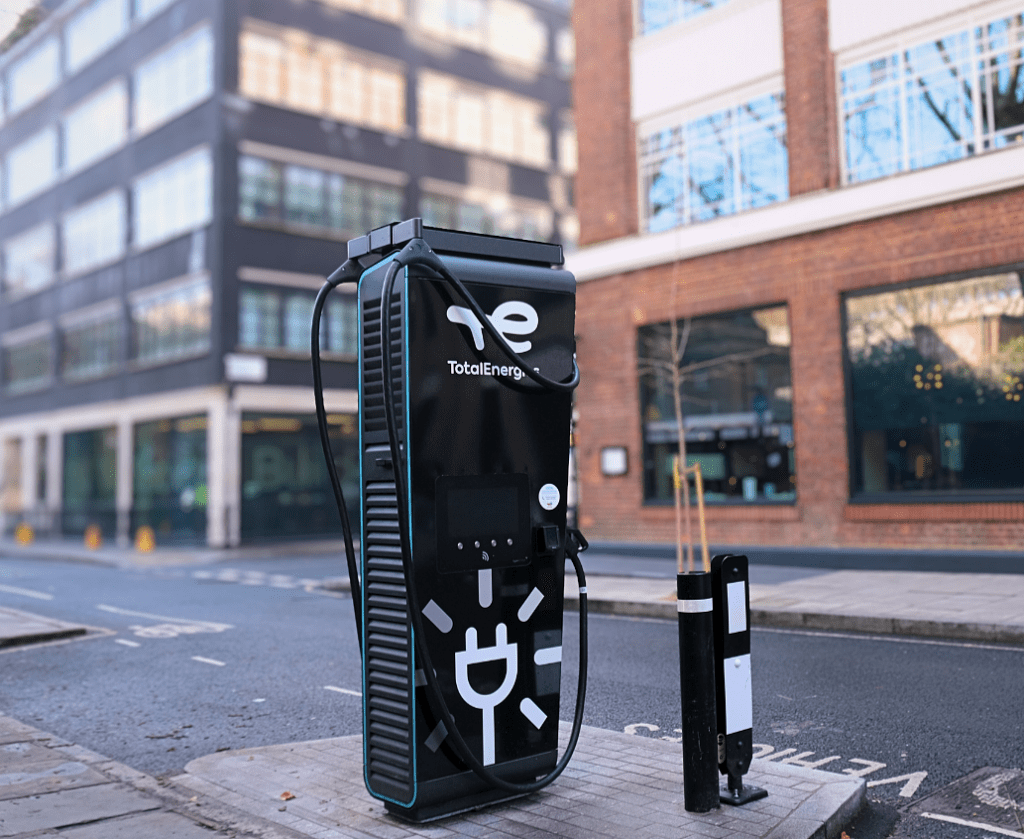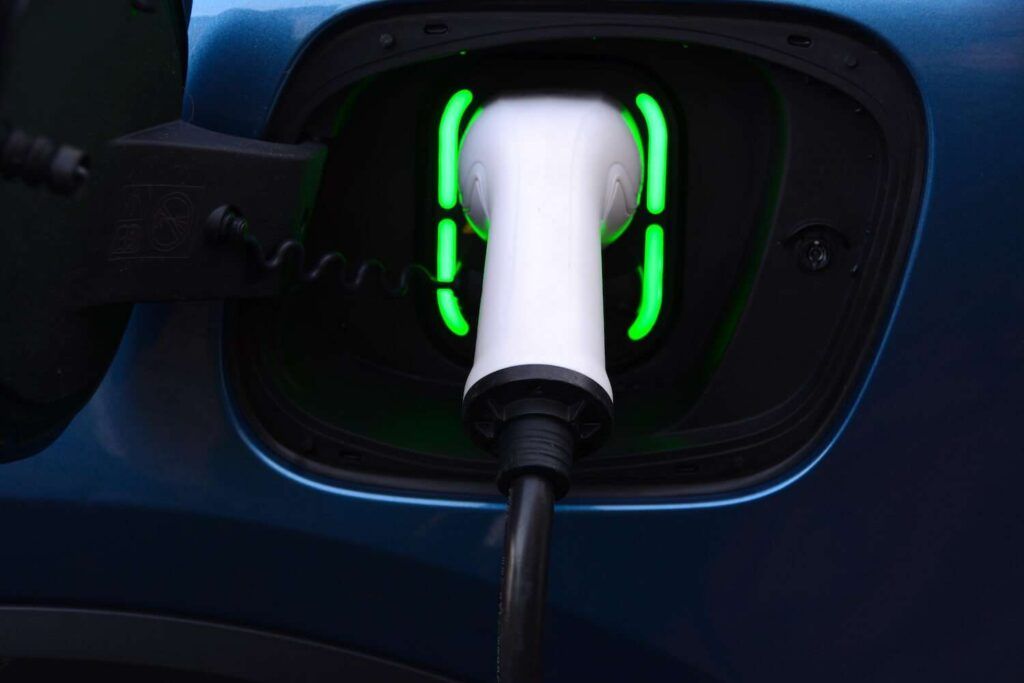A study into UK towns and cities ability to meet the ban on the sale of internal combustion engine cars and vans by 2030 – and overall net-zero transport targets – has put Leeds in pole position.
The report by Forbes Advisor looked at the total number of registered electric vehicles (EVs) in each city, and the percentage of all car registrations relative to EVs. It also assessed EV infrastructure as well as active travel, including journeys by e-bikes and scooters as well as by foot or bicycle.
Leeds ranks in the number one spot, making it the city most likely to meet nationwide net zero targets. Between 2014 and 2019 the city has seen nearly a 14% decrease in carbon emissions and the current total is one of the lowest among cities in the country, it claimed.
Infrastructure challenge
Between 2009 and 2022, more than 37,000 plug-in cars were registered in the city, equating to nearly 10% of all the city’s registered cars in that period. But it also said the city was ‘lacking in required infrastructure to support the influx of EVs’ – with just 4.4 charging stations available per 1,000 cars.
The London borough of Barnet ranked second with a high number of EV registrations and physically active residents – with more than three in ten (31.5%) choosing to walk five times or more a week.
However, despite these efforts, Barnet is still six times less likely to meet targets than Leeds, currently releasing double the amount of carbon emissions in comparison. This is despite a 15.6% decrease between 2014 and 2019.
Middlesbrough ranked last in the index, mostly due to its low number of EV registrations during the period of 2009-2022. The number totalled just 418 plug-in-cars, equating to 0.73% of all registered cars within the Yorkshire town. The study found that its population was also less active, with just 21% of the town’s residents walking five times a week or more.
Disparity
Kevin Pratt, car insurance expert at Forbes Advisor UK, said: “It’s clear that EVs are becoming more popular among the UK population. With that said, the research shows a clear disparity between different areas in the country. Barnet being second in line but still six times less prepared than Leeds shows the need to not only ramp up interest in electric vehicles, but also the need for adequate infrastructure to accommodate them when they are registered.
“While phasing out ICE vehicles is a crucial component of the government’s strategy, it’s important to note other ways to get around without personal vehicles. This includes mass transit like trains, but it also involves being in a city that incentivises walking and cycling .”
Image courtesy of Shutterstock












